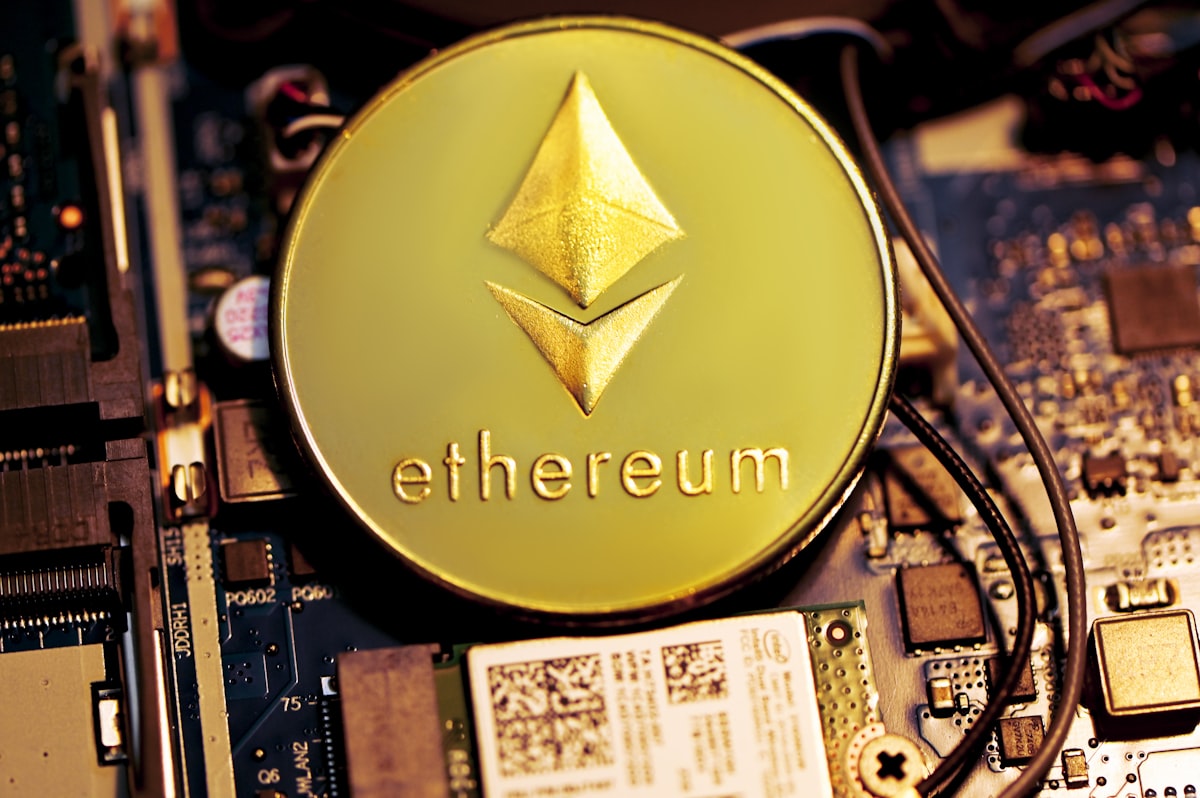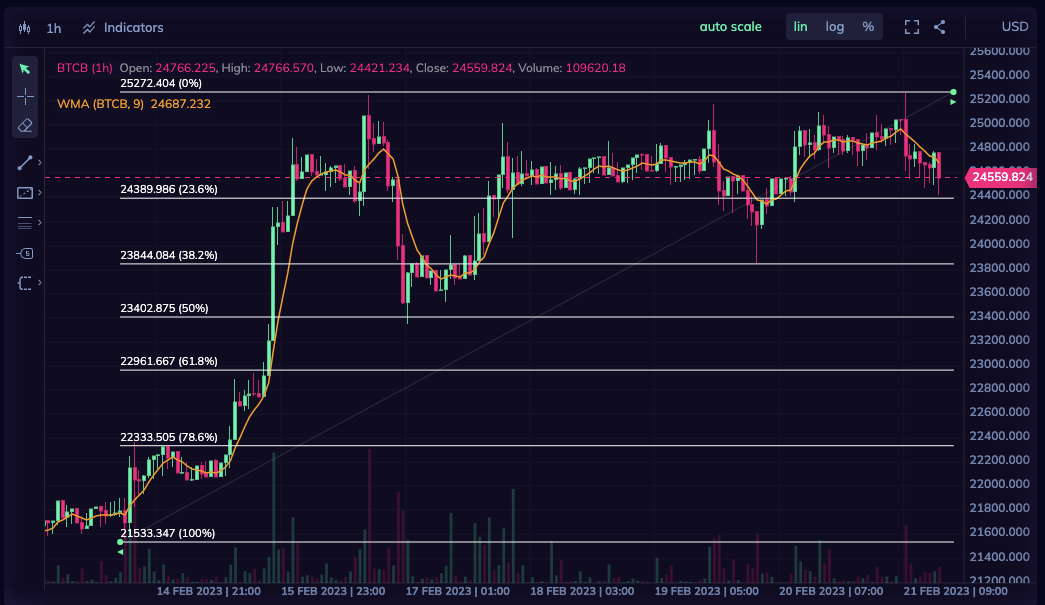GWEI in Crypto
GWEI, short for gigawei or gigawey, is a unit of measurement for Ether (ETH), the native cryptocurrency of the Ethereum blockchain.

As the world of cryptocurrencies continues to expand and mature, understanding the intricacies of various terms and concepts becomes crucial. One such term, GWEI, plays a vital role in the Ethereum ecosystem, affecting transaction costs and network functionality. This article explores the definition of GWEI, its history, application, and some interesting facts surrounding this essential unit of measurement in the Ethereum blockchain.
Definition
GWEI, short for gigawei or gigawey, is a unit of measurement for Ether (ETH), the native cryptocurrency of the Ethereum blockchain. It is named after the Chinese word for giga, "giga" (吉) and the Chinese word for ether, "wei" (維). GWEI is used to measure gas prices in the Ethereum network, which in turn determine the fees associated with executing transactions and deploying smart contracts.
One Ether (ETH) is equivalent to 1,000,000,000 (one billion) GWEI, making GWEI a smaller denomination of Ether, much like cents are to the US dollar.
History
GWEI emerged as a unit of measurement with the launch of the Ethereum blockchain in July 2015. Ethereum was designed as a decentralized platform for building and deploying smart contracts, with Ether serving as the fuel for powering these contracts and transactions. To manage the network resources efficiently and avoid spam, Ethereum introduced the concept of gas, a unit used to measure the computational work required to execute operations on the platform.
Gas prices are expressed in GWEI, which allows for more granular control of fees and resource allocation within the Ethereum network.
How to Use GWEI
GWEI is primarily used to set gas prices for transactions and smart contract executions on the Ethereum network. When users initiate a transaction or interact with a smart contract, they are required to specify a gas price in GWEI. The gas price determines how much Ether the user is willing to pay per unit of gas to have their transaction processed or contract executed.
Miners, who validate transactions and maintain the Ethereum blockchain, prioritize transactions with higher gas prices. Consequently, setting a higher gas price in GWEI can lead to faster transaction confirmation times, while a lower gas price may result in slower confirmation or even transaction failure if the network is congested.
Interesting Facts
- GWEI is just one of several units of measurement for Ether. Other denominations include Kwei (kilowei), Mwei (megawei), and Wei, with Wei being the smallest unit of Ether.
- Gas prices in GWEI can be highly volatile, depending on network demand and congestion. During periods of high network usage, gas prices may spike significantly, making transactions and smart contract interactions more expensive.
- Some tools and platforms, such as Ethereum Gas Station and browser wallets like MetaMask, provide users with gas price recommendations in GWEI based on current network conditions. This helps users set appropriate gas prices for their transactions, ensuring timely confirmations while minimizing fees.
Conclusion
GWEI plays a crucial role in the Ethereum ecosystem by serving as a unit of measurement for gas prices, which determine transaction fees and resource allocation within the network. Understanding the concept of GWEI and its application can help users navigate the Ethereum platform more effectively, ensuring that they set appropriate gas prices for their transactions and interactions with smart contracts. As Ethereum continues to evolve and grow, GWEI will remain an essential component of the network, helping users manage their transaction costs and maintain the efficient functioning of the Ethereum blockchain.
You can check the prices of tokens on the Ethereum network at Dexer.io




